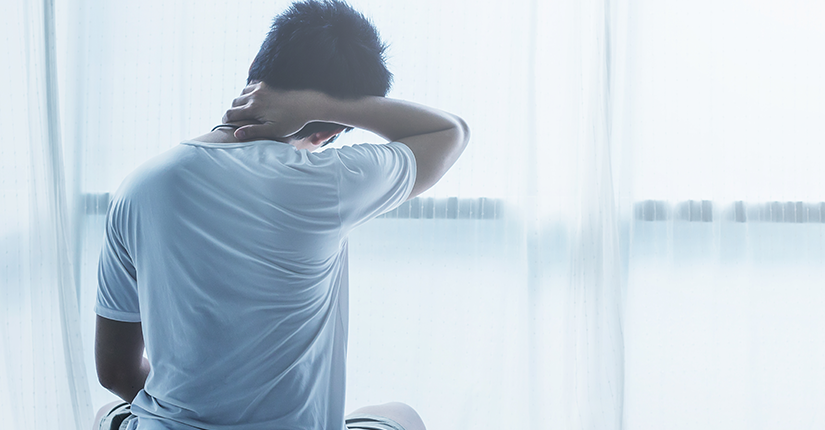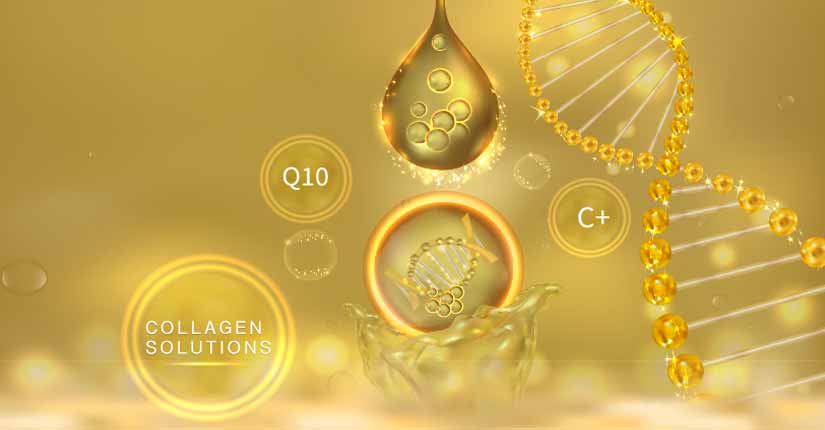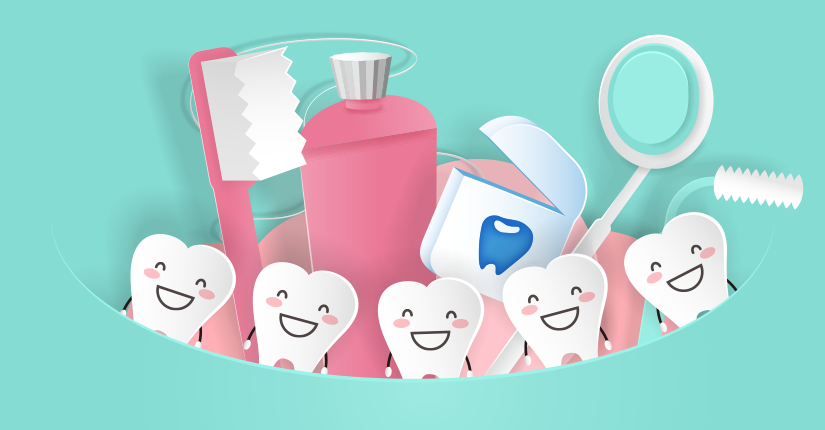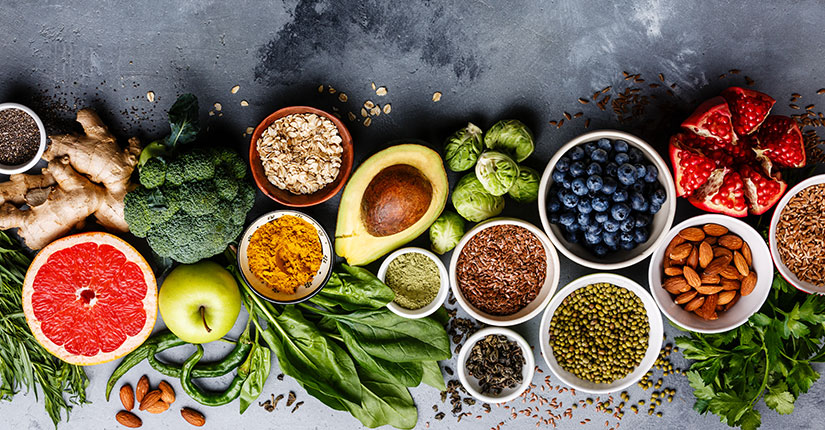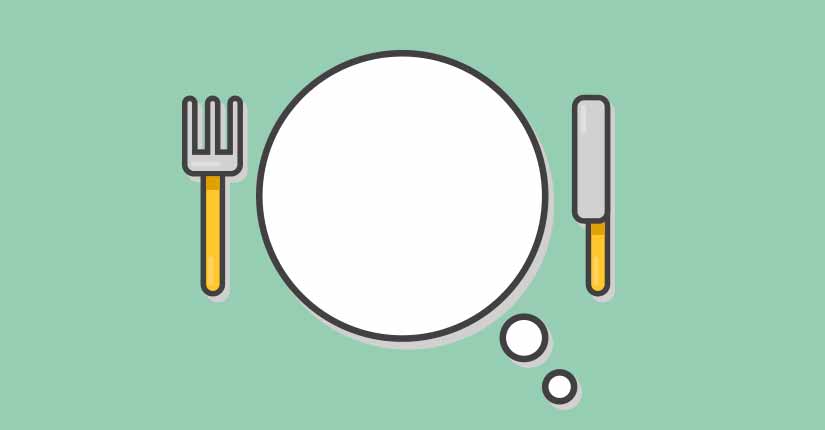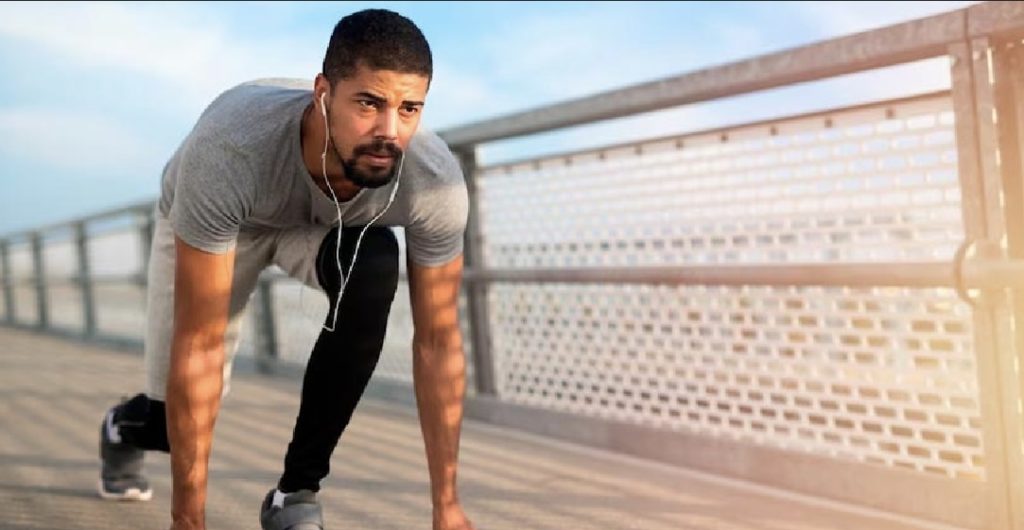The silent epidemic: 5 signs of zinc deficiency and how to fix it.
By Nmami Agarwal 31-May 2023 Reading Time: 24 Mins
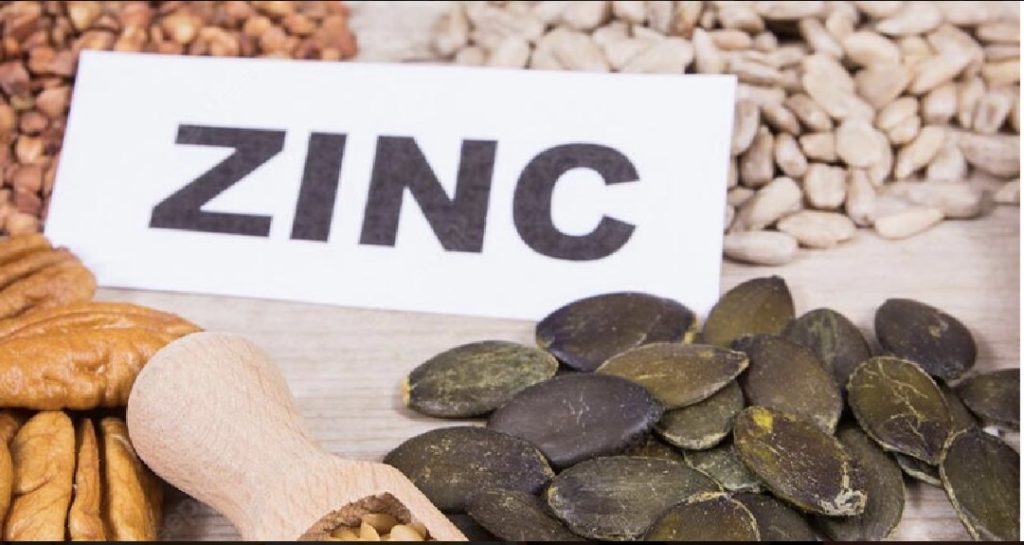
Zinc is one of the most important minerals our body needs to function properly. It plays a crucial role in maintaining a healthy immune system, healing wounds, and breaking down carbohydrates. Despite its importance, zinc deficiency is a silent epidemic that affects millions of people worldwide. It is estimated that approximately two billion people suffer from zinc deficiency, and yet it is often overlooked and misdiagnosed. Zinc deficiency can cause several health problems, including a weakened immune system, hair loss, slow wound healing and impaired cognitive function. In this post, we’ll discuss the five most common signs of zinc deficiency and provide practical tips on how to correct it. We’ll also go over the best sources of zinc in the diet and explain the benefits of taking zinc supplements. If you suspect you have a zinc deficiency, be sure to read this post.
- Introduction to the problem of zinc deficiency
Zinc is one of the most important minerals our body needs to function properly. It plays an important role in many biological processes, including immunity, metabolism, and DNA synthesis. Despite its importance, zinc deficiency is a widespread problem that affects millions of people worldwide. It is often referred to as a silent epidemic because its symptoms are often overlooked or misdiagnosed, leading to more severe health problems over time.
The World Health Organization (WHO) estimates that about 31% of the world’s population is at risk of zinc deficiency, with the highest prevalence in developing countries, where diets lack sufficient zinc-containing foods. However, zinc deficiency is also common in developed countries such as the United States, especially in older adults and people with certain medical conditions.
The signs and symptoms of zinc deficiency can vary widely, making it difficult to recognize and diagnose. Common symptoms include impaired immune function, slow wound healing, hair loss, skin problems and digestive disorders. Left untreated, zinc deficiency can lead to more serious health problems such as growth retardation, delayed sexual maturation and impaired neurological function.
Fortunately, with the right approach, zinc deficiency is easy to diagnose and treat. In this article, we’ll review the signs of zinc deficiency and how you can address it to maintain optimal health.
- What is zinc and why is it important?
Zinc is a vital mineral needed for various physiological processes and functions in the body. It plays a critical role in immune function, wound healing, protein synthesis, DNA synthesis, and cell division. Zinc is also essential for healthy growth and development in children and supports reproductive health in both men and women.
Despite its importance, many people suffer from zinc deficiency without knowing it. Zinc deficiency can be caused by a variety of factors, including poor diet, digestive disorders and certain medications. The symptoms of zinc deficiency can be very subtle and often go undetected, but can have a significant impact on overall health and well-being.
Common signs of zinc deficiency include frequent infections, slow wound healing, hair loss, loss of appetite, and changes in taste and smell. If left untreated, zinc deficiency can lead to more serious health problems such as impaired growth and development, neurological disorders and fertility problems.
Fortunately, zinc deficiency can be easily corrected through dietary changes and supplements. Foods high in zinc include oysters, red meat, poultry, beans, nuts and whole grains. Zinc supplements are available in a variety of forms, including tablets, capsules and lozenges. If you suspect you have a zinc deficiency, be sure to talk to your doctor to determine the best course of action for you.
- Five common signs of zinc deficiency
Zinc is one of the most important minerals our body needs to function properly. It plays a critical role in maintaining a healthy immune system, wound healing, and cell growth and division. Zinc deficiency can lead to several health problems, and it’s important to recognize the early signs of zinc deficiency before it leads to more severe health problems.
Here are five common signs of zinc deficiency to look out for:
1. Weak immune system – Zinc plays an essential role in maintaining a healthy immune system. If you’re constantly getting sick or having a hard time fighting off infections, this could be a sign of zinc deficiency.
2. Slow wound healing – Zinc is necessary for cell growth and division, which is critical for wound healing. Slow wound healing or the formation of stretch marks could be signs of zinc deficiency.
3. Skin problems – Zinc deficiency can lead to skin problems such as acne, rashes and eczema. Zinc is important for skin health and helps regulate oil production in the skin.
4. Loss of appetite – Zinc plays a role in taste and smell, and a deficiency can lead to loss of appetite. This can lead to malnutrition and further zinc deficiency.
5. Hair loss – Zinc is important for healthy hair growth, and a deficiency can lead to hair loss or thinning hair.
If you experience any of these symptoms, be sure to talk to your doctor and get tested for zinc deficiency. Zinc supplements and a diet rich in zinc can help correct the deficiency and improve your overall health.
- Who is at risk for zinc deficiency?
Zinc deficiency is a worldwide problem, and an estimated 17.3% of the world’s population is at risk. Those most at risk are pregnant women, children under five, and people in developing countries with limited access to foods containing zinc. Vegetarians and vegans are also more susceptible to zinc deficiency because the mineral is more readily available in animal products.
In addition, people with gastrointestinal disorders that impair nutrient absorption and those who abuse alcohol are also at risk. Chronic diarrhea, malabsorption syndromes such as celiac disease and Crohn’s disease can lead to zinc deficiency. In addition, individuals undergoing bariatric surgery may also experience zinc deficiency, as the surgery alters the gastrointestinal tract’s ability to absorb nutrients. It’s also worth noting that athletes and people who sweat excessively may lose more zinc through sweating than the average person.
If you fall into any of these categories or suspect you may be zinc deficient, be sure to talk to your doctor and have your zinc levels tested. A zinc deficiency can be easily corrected by changing your diet or taking supplements, and the sooner you address the problem, the better.
- How to test for zinc deficiency
Zinc deficiency can occur in many people, but often goes unnoticed because of its subtle symptoms. If you suspect you have a zinc deficiency, there are several ways to detect it.
One of the most reliable ways to detect zinc deficiency is with a blood test. A doctor can order a simple blood test to measure the amount of zinc in your blood. However, it’s important to know that the amount of zinc in your blood doesn’t always accurately reflect your body’s overall zinc status. This is because the body can move zinc from the blood into cells to maintain zinc levels for important functions, even when blood levels are low.
Another way to test for zinc deficiency is through hair analysis. Hair analysis is a noninvasive way to measure mineral levels in your body, including zinc. This test can provide information about your body’s long-term zinc status.
You can also watch for some common symptoms of zinc deficiency. For example, if you have a weakened immune system, slow wound healing, hair loss or loss of appetite, these could be signs of a zinc deficiency. In this case, it’s important to talk to your doctor and get tested for zinc deficiency.
Overall, it’s important to know the signs and symptoms of zinc deficiency and take action if you suspect you have a deficiency. With proper screening and treatment, you can replenish zinc levels in your body and improve your overall health and well-being.
- The importance of a balanced diet for zinc intake
One of the main reasons for zinc deficiency is an unbalanced diet that includes foods containing zinc. It’s important to include zinc-containing foods in your diet to ensure that you’re consuming enough of this important nutrient.
Foods that are naturally high in zinc include oysters, red meat, poultry, dairy products, beans, nuts, and whole grains. However, vegans and vegetarians should make sure to include plant-based sources of zinc in their diets, such as tofu, lentils, chickpeas and spinach.
It’s important to note that some foods, such as whole grains and legumes, contain phytates that can reduce the absorption of zinc. Soaking, sprouting or fermenting these foods can help reduce phytates and improve zinc bioavailability.
Supplements can also provide an alternative source of zinc, but be sure to talk to your doctor before you start taking supplements to make sure you’re taking the right dose and that it’s safe for you.
In summary, a balanced diet of zinc-containing foods is critical to preventing zinc deficiency. By including a variety of foods in your diet, you can ensure that you’re consuming the nutrients you need for optimal health.
- Zinc-rich foods to include in your diet
If you suspect that you’re suffering from zinc deficiency, it’s important to include foods containing zinc in your diet. Fortunately, there are a wide variety of delicious and nutritious foods to choose from.
Here are some of the best zinc-containing foods to include in your diet:
1. Oysters: oysters are one of the best sources of zinc, containing a whopping 74 milligrams per serving.
2. Red Meat: Beef, lamb and pork are all good sources of zinc, with beef containing the most at around 7 milligrams per serving.
3. Poultry: Chicken and turkey are also good sources of zinc, with about 2-3 milligrams per serving.
4. Shellfish: Other types of shellfish, such as crab and lobster, also contain large amounts of zinc.
5. Legumes: Vegetarians can meet their zinc needs through legumes such as chickpeas, lentils and beans.
6. Seeds and nuts: Pumpkin seeds, cashews and almonds are good sources of zinc.
7. Dairy products: Milk, cheese and yogurt also contain zinc, with cheese being the best of the three sources.
Adding these foods to your regular diet can help you maintain healthy zinc levels and prevent deficiencies. If you’re unable to get enough zinc from your diet, you may also consider taking zinc supplements after consulting with your doctor.
- When to consider zinc supplements
If you suspect you have a zinc deficiency, be sure to have your zinc levels tested by a doctor. This is because too much zinc intake can also have negative health effects, such as interfering with the absorption of other important minerals and causing nausea and vomiting.
However, if you are diagnosed with a zinc deficiency, your doctor may recommend zinc supplements to correct the problem. In fact, taking zinc supplements can help increase your zinc levels and improve your overall health.
Zinc supplements come in many forms, including capsules, tablets, lozenges, and liquid drops. It’s important to choose a high-quality supplement from a reputable brand to ensure you are getting the right dose and that the supplement is free of harmful additives.
It is also important to follow the dosage instructions recommended by your doctor or on the supplement label. Taking too much zinc can be harmful, so it is important to take only the recommended amount.
Overall, if you suspect you have a zinc deficiency, it is important to talk to your doctor and get tested. If you are diagnosed with a deficiency, zinc supplements can be a helpful tool to correct the problem and improve your overall health and well-being.
- How much zinc is too much?
Zinc is an essential mineral that plays an important role in many bodily functions. It is involved in immune function, wound healing, taste perception, and DNA synthesis, to name a few. However, as with all good things, too much can be harmful. So how much zinc is too much?
The recommended daily intake for adults is 8-11 mg of zinc, with an upper limit of 40 mg. Intake of more than 40 mg of zinc per day can lead to symptoms of poisoning, which include nausea, vomiting, loss of appetite, diarrhoea and headaches. Long-term excessive intake of zinc can also lead to copper deficiency, which in turn can cause anaemia and nerve damage.
It is also important to know that high doses of zinc supplements can interfere with the absorption of other important minerals such as iron and copper. Therefore, it is recommended that zinc supplements be taken only under the guidance of a physician and that the upper limit of 40 mg per day not be exceeded.
In summary, although zinc is important for health, it should only be consumed in moderation. Too much zinc can have harmful effects on the body. Therefore, it is recommended to consume zinc through a balanced diet that includes foods such as oysters, beef, pork, chicken, nuts and legumes. If you are considering taking zinc supplements, it is important that you talk to your doctor first.
- Conclusion and takeaways for addressing zinc deficiency
In summary, zinc deficiency is a silent epidemic affecting millions of people worldwide. It can lead to a range of health problems, from a weakened immune system to impaired growth and development. However, there are ways to address this deficiency and improve your overall health.
The first step is to recognize the signs of zinc deficiency. Look for changes in your skin, hair or nails, as well as problems with your immune system or wound healing. If you suspect you have a zinc deficiency, talk to your doctor about testing your zinc levels.
Once you’ve identified a zinc deficiency, you can take steps to correct it. The best way to increase your zinc levels is through your diet. Foods high in zinc include meat, shellfish, nuts and seeds. If you’re vegetarian or vegan, you may need to take a zinc supplement to make sure you’re getting enough of this important nutrient.
We hope that our article on the silent epidemic of zinc deficiency has been informative and helpful. Zinc deficiency is a serious issue that can lead to a variety of health problems, but the good news is that it is easily fixable. By recognizing the symptoms of zinc deficiency and taking steps to improve your diet or supplement intake, you can ensure that you are getting the zinc you need to stay healthy. We encourage you to make an appointment with your healthcare provider if you suspect you might have a zinc deficiency, and remember that prevention is always better than cure.

